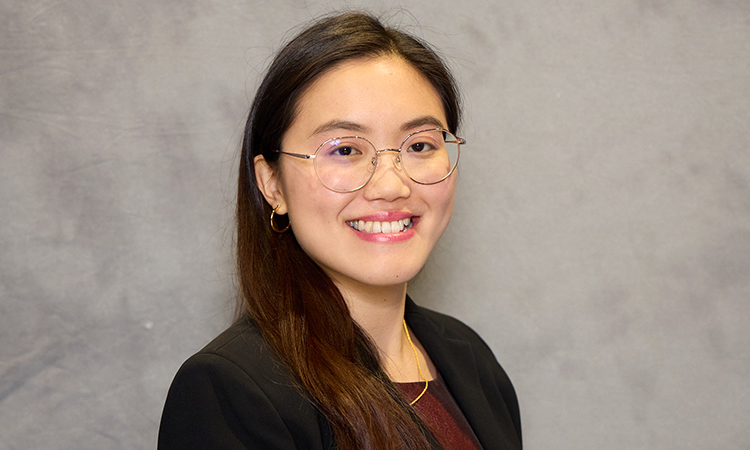Lindia Willies-Jacobo, MD, Senior Associate Dean for Admissions and Equity, Inclusion, and Diversity (EID), joined the Kaiser Permanente Bernard J. Tyson School of Medicine in 2018. Previously, she served as Professor of Pediatrics, Assistant Dean for Diversity and Community Partnerships, and Director of the Program in Medical Education-Health Equity at the University of California San Diego School of Medicine (UCSD). Dr. Willies-Jacobo leads and manages the KPSOM admissions process, from initial outreach to matriculation, and is responsible for all aspects of development, implementation, and oversight of EID strategy throughout the school.
In recognition of Latine Heritage Month at KPSOM, we asked Dr. Willies-Jacobo about her journey to medicine and Latine representation in the medical profession in the following interview.
What made you want to become a doctor?
I was around five years old when the thought of becoming a doctor first surfaced. I had a neighbor who was a nurse, and I would watch in awe as she left, and returned home from work. She would share stories about her day, and it sounded like a fun job. Additionally, our family had an incredibly caring and empathic family doctor, and he left a positive impression on me every time I would have a visit with him.
Was there a specific person(s) who inspired you to go to medical school and/or a specific event that was the catalyst to pursuing a career in medicine? If so, can you share a bit about that?
I don’t remember ever wanting to do anything other than medicine, except for a very short period [when] I explored the possibility of getting a combined MD/JD degree. It was definitely a process, with my decision fully solidified once I started my sophomore year of college. I was fortunate to have had many experiences which served to reinforce my decision. My journey has had twists and turns, as well as peaks and valleys. I’ve had incredible mentors and sponsors over the years, and without leaning on, and relying on these folks, none of this would have been possible.




